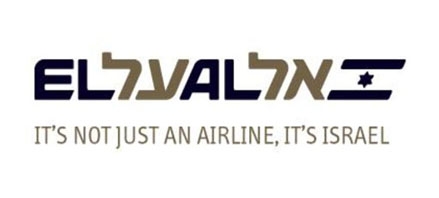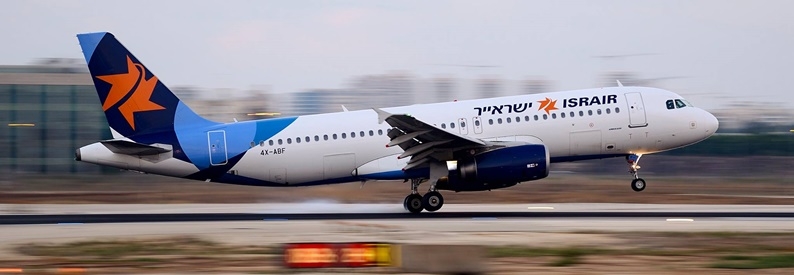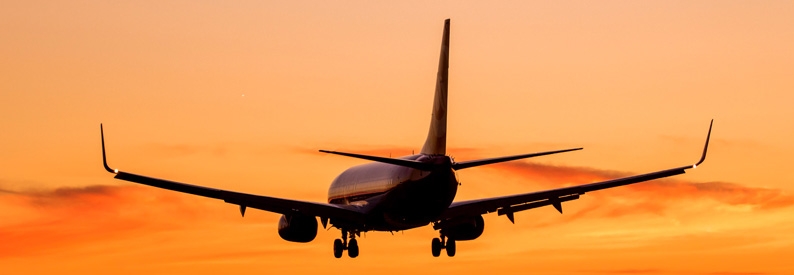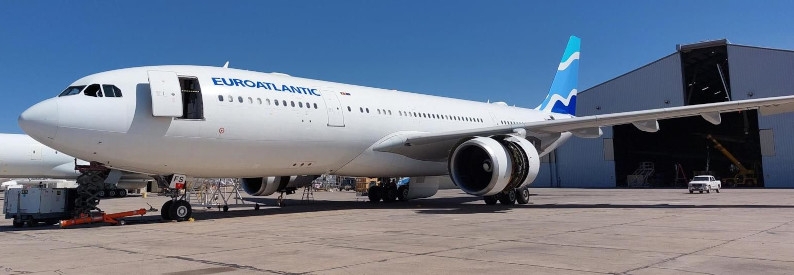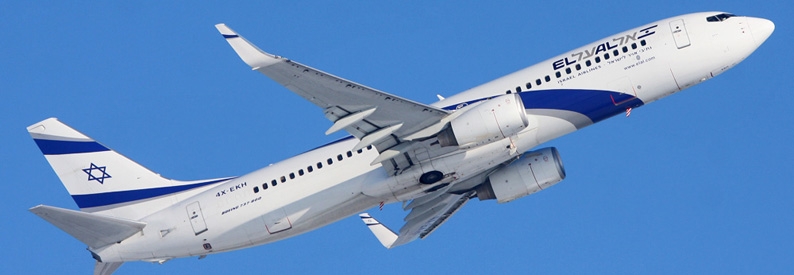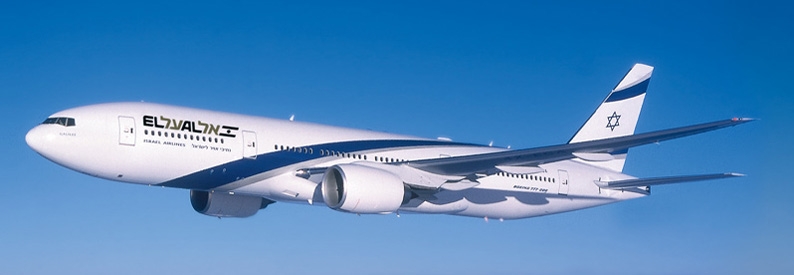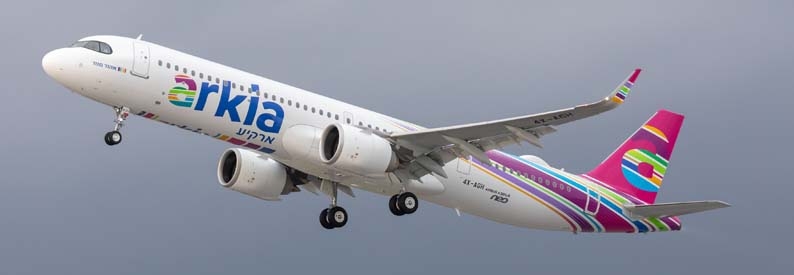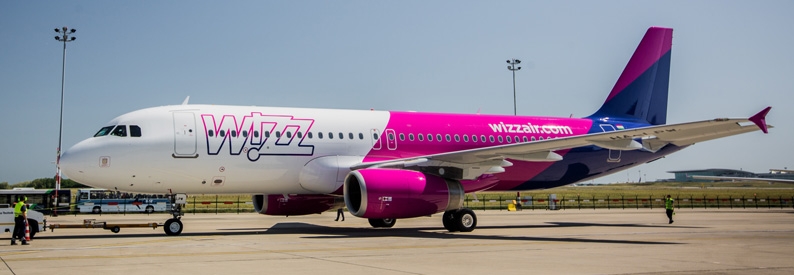Iraq and Israel reopened their respective airspaces on June 24, 2025, after Israel and Iran agreed to a ceasefire. The Iranian airspace remains restricted and only international flights with the prior approval of the Iranian Civil Aviation Authority are permitted.
Following the airspace reopening, El Al Israel Airlines (LY, Tel Aviv Ben Gurion) said it would restart additional routes on top of the limited network of rescue flights it has operated since June 18. The Israeli flag carrier will also remove a previously imposed cap of 50 passengers per flight.
El Al said it would initially offer seats only to preregistered passengers, prioritising those whose flights had been cancelled earlier. "After all our customers have been assigned, flights will open for booking to the general public," it said. Currently, El Al plans to resume sales to the public for flights after July 22, 2025.
Israir has cancelled all scheduled flights until July 7 and will only operate rescue flights until then. Arkia Israeli Airlines has suspended all scheduled flights until at least the end of June. airHaifa resumed ticket sales for its Haifa-Larnaca route on June 25, and plans to resume a normal flight schedule on July 1.
Iraqi Airways started gradually resuming its scheduled operations on June 25.
Meanwhile, scheduled flight services in, to, and from Iran remain suspended.
The three countries shut their respective airspaces on June 13, after Israel, later joined by the US, began its airstrikes against Iran, prompting Tehran's response. On June 23, Qatar, Bahrain, Kuwait, and the United Arab Emirates closed their airspace entirely, and Saudi Arabia partially, after Iran attacked Doha Al Udeid, a military airport hosting one of the most important US deployments in the region.
